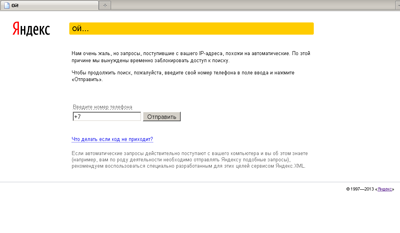May 7, 2013
The Trojan has two components: the dropper and the dynamic link library which stores the payload. During installation, the dropper creates a copy of itself in one of the folders on the hard drive and runs itself for execution. In Microsoft Windows Vista, the dropper can be launched as a Java update that requires user confirmation to bypass User Accounts Control.

Then the dropper saves on the hard drive the main library which injects its code into all running processes on the infected computer but operates only in the processes of the following browsers: Microsoft Internet Explorer, Mozilla Firefox, Opera, Safari, Google Chrome, Chromium, Mail.Ru Internet, Yandex.Browser, and Rambler Nichrome. The configuration file containing all the data needed to run Trojan.Mods.1 is encrypted and stored in the dynamic linking library.
Trojan.Mods.1 is chiefly designed to replace web pages visited by users with malicious web pages by intercepting the system functions responsible for translating DNS names to IP addresses. As a result, instead of the sites they have requested, users are redirected to fraudulent pages where they are asked to enter a mobile phone number and reply to an SMS sent from the short number 4012. If they comply, a certain amount will be debited from their account.
The architecture of Trojan.Mods.1 contains a special algorithm that allows redirection to a certain group of addresses to be disabled.
The signature of this threat has been added to the Dr.Web virus database, so Trojan.Mods.1 does not pose a serious threat to systems protected by Doctor Web products.


![[VK]](http://st.drweb.com/static/new-www/social/no_radius/vkontakte.png)
![[Twitter]](http://st.drweb.com/static/new-www/social/no_radius/twitter.png)
![[facebook]](http://st.drweb.com/static/new-www/social/no_radius/facebook.png)

Tell us what you think
To ask Doctor Web’s site administration about a news item, enter @admin at the beginning of your comment. If your question is for the author of one of the comments, put @ before their names.
Other comments